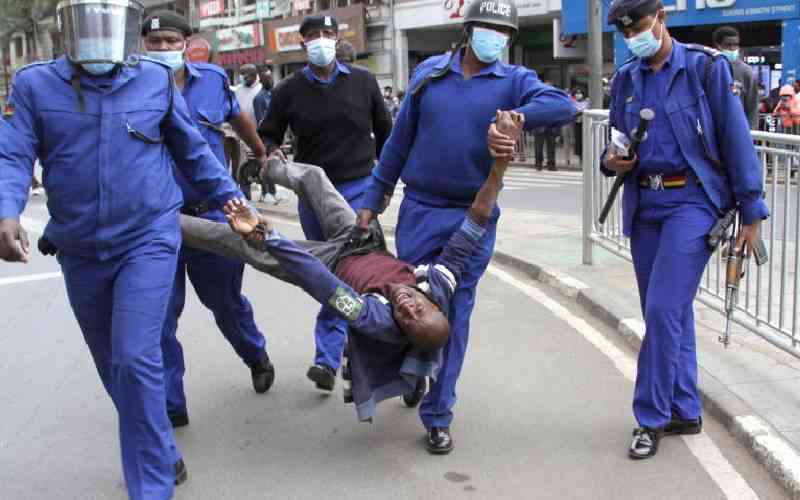
Flying to an international conference should not be a matter of distress for presidents. The relatively few African Heads of State at this week's African Climate Summit was unfortunate.
It is a wakeup call to Kenya and other African countries seeking to provide regional and international leadership. While the summit successfully closed with a clear demand to developed countries to honour their annual US$100 billion pledge, accelerate innovative climate financing and reduce fossil fuel emissions, the absence of several presidents raised eyebrows.